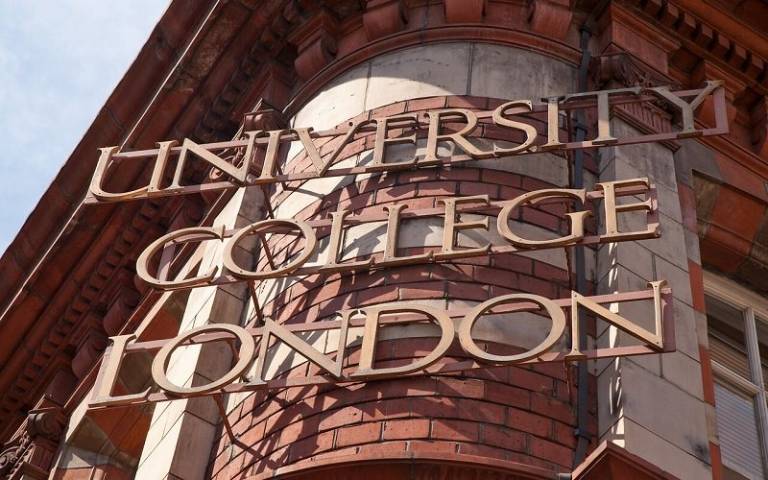IFS Seminar - Dmitri Koustas (Chicago)
29 April 2024, 12:30 pm–1:45 pm

Consumption and Employment Responses to Beliefs about Student Loan Repayment
Event Information
Open to
- All
Organiser
-
Department of Economics
Abstract: Government statements about future actions can influence agents’ economic choices today. How do beliefs about future government policy affect households’ borrowing, spending and debt paydown behavior? We study this through the lens of student loan forgiveness in the United States, which following electoral promises, was announced in 2022 but never implemented due to judicial rulings. We conduct a novel survey eliciting real-time beliefs about future debt forgiveness and repayment, which we link to credit bureau data, employment verification and nondurables consumption. Our survey finds considerable heterogeneity in beliefs, with further evidence that households act on these beliefs. We begin with a descriptive exercise examining differences in key outcomes, and their evolution, between 2017-2023, comparing those more versus less optimistic about future forgiveness. We find those who are more optimistic by 2022 followed similar trends prior to COVID and the 2020 election; they also appear to follow similar employment trajectories. As households form beliefs about forgiveness, those who become more optimistic are less likely to make payments on their student loans, and by 2023 had reduced their payments by over $1,000. Those who are more optimistic also appear to delay durable purchases, potentially consistent with these households waiting for uncertainty to resolve. We next turn to experimental information interventions and quasi-experimental variation around news shocks. As part of our survey, we randomly assigned respondents news articles about forgiveness. Assignment to a more optimistic news article increased forgiveness beliefs by 3.5 percentage points, and led these households to reduce payments on student loans relative to those shown more pessimistic articles and a control group. Event studies around major announcements about forgiveness in 2022 and 2023 show adjustments to repayment behavior consistent with the experimental evidence. Finally, we examine the end of the payment moratorium in October 2023. Following the resumption of payments, households that did not expect payments to resume make fewer payments, decrease consumption, and increase employment compared to those who were expecting it. Our results provide micro-evidence on the role of policy uncertainty in household decision making, and have implications for government announcements and commitment policy
Location: IFS conference room
 Close
Close

